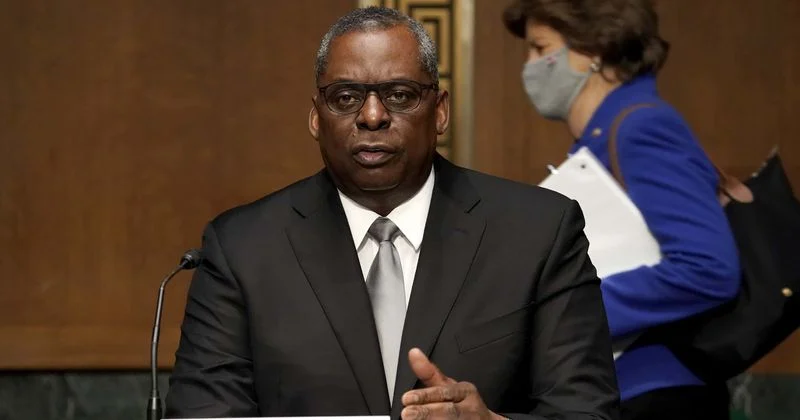“Secretary Austin emphasized the importance of maintaining lines of communication amid the ongoing war against Ukraine,” according to a statement released by Brigadier General Pat Ryder after their phone discussion.
The call, which was the second between both the two officials since Moscow invaded Ukraine on February 24, was confirmed by Russia as well.
Austin pleaded for Moscow to enact an “immediate ceasefire” in Ukraine during his final call with Shoigu on May 13. Russia chose not to participate, and as a result, Kyiv’s forces have subsequently expelled Moscow’s forces from large portions of the country’s east and south.
Since the commencement of the war, ties between Moscow and Washington have reached new lows. By giving monetary and military assistance to pro-Western Ukraine, the US has been accused by Russia of attempting to extend the conflict, whilst Washington has denounced Moscow’s invasion as unlawful.
Ryder said in a separate statement on Friday that Austin also spoke with his Ukrainian colleague Oleksiy Reznikov “to reiterate the unwavering US commitment to supporting Ukraine’s ability to counter Russia’s aggression.”
According to the statement, the defense secretary stated, “underscored the international community’s continued support in building Ukraine’s enduring strength and safeguarding Ukraine’s ability to defend itself in the future.”
According to the United States, Iranian military instructors are in Crimea assisting Russian forces in using drones built in Iran to attack targets in Ukraine. This is a frightening development in a conflict that has heightened geopolitical tensions.
The first day of planned statewide power outages in Ukraine since the war started eight months ago occurred so that fixes could be made to wrecked or damaged energy installations as winter approaches.
In a daily media briefing, US State Department spokesman Ned Price said, “We can confirm that Russian military personnel based in Crimea have been piloting Iranian UAVs and utilizing them to conduct kinetic strikes across Ukraine, including in strikes against Kyiv in recent days.”
As part of its invasion of its neighbor, Russia captured Crimea from Ukraine in 2014 and has since utilized the southern peninsula to train soldiers and rebuild military installations from the Soviet era.
Although Iran has denied the drones are built in Iran, there was no immediate public response from Tehran to the US charges. Additionally, Russia has denied employing Iranian drones in Ukraine.
Requests for responses from the foreign and defense ministries of Russia were not immediately fulfilled.
John Kirby, a spokeswoman for the White House on national security, told reporters that Washington would use all available tools to “expose, prevent, and challenge” Iran’s sale of weapons to Russia, including more sanctions, while also considering Ukraine’s air defenses.
The European Union announced that its members had reached an agreement on fresh sanctions against Iran, while Britain imposed penalties on top military officials and a company it claimed was engaged in the sale of Iranian drones to Moscow.
Israeli Prime Minister Yair Lapid and Ukrainian Foreign Minister Dmytro Kuleba had in-depth conversations over a request for air and missile defense systems and technologies, Kuleba wrote on Twitter. According to Lapid’s office, the Israeli prime minister expressed “great concern” over the military ties between Russia and Iran.












